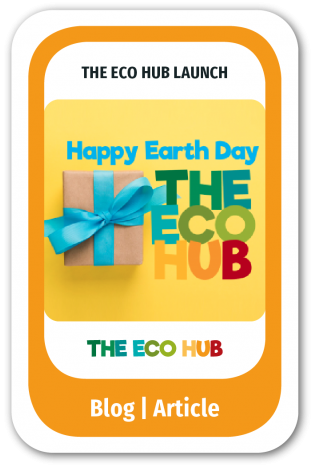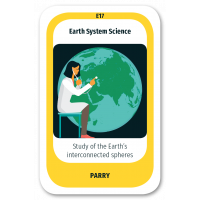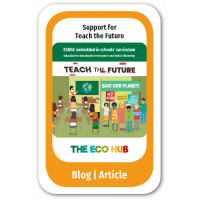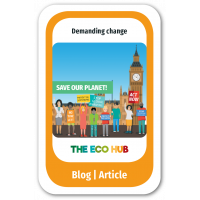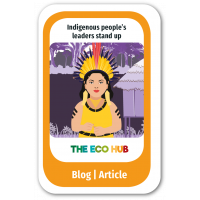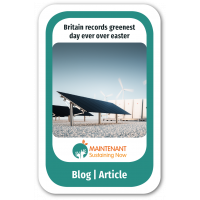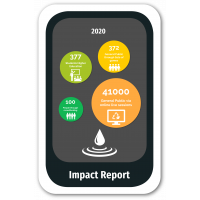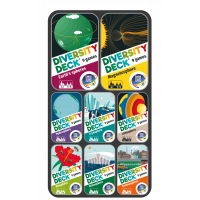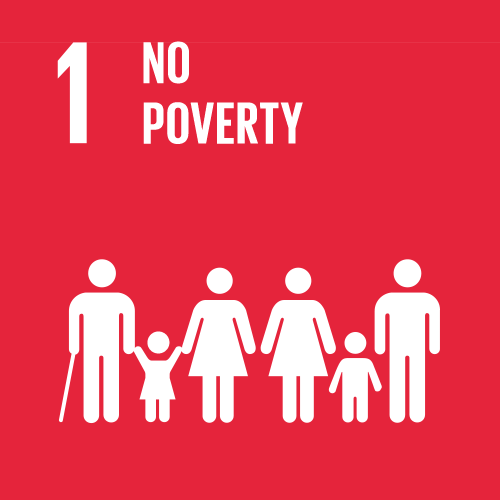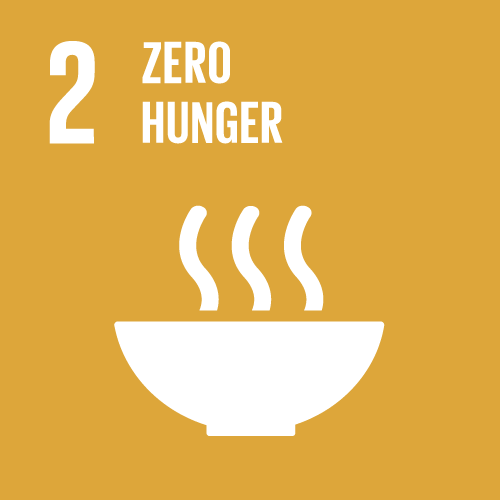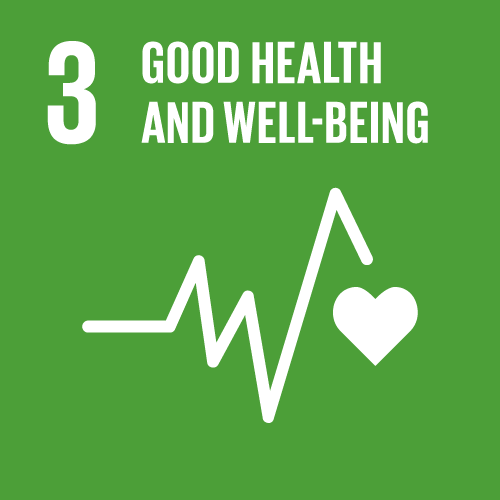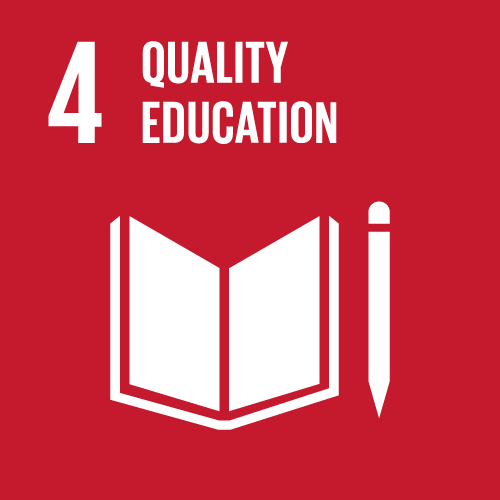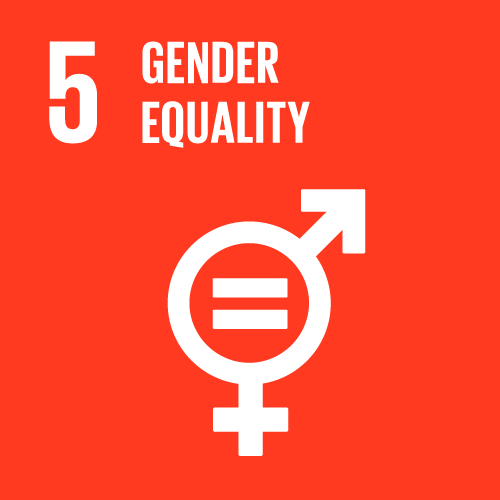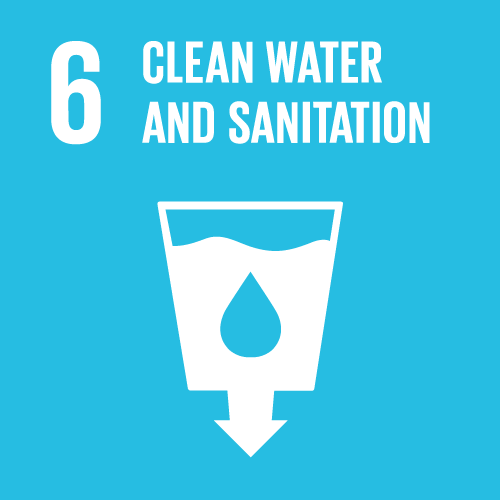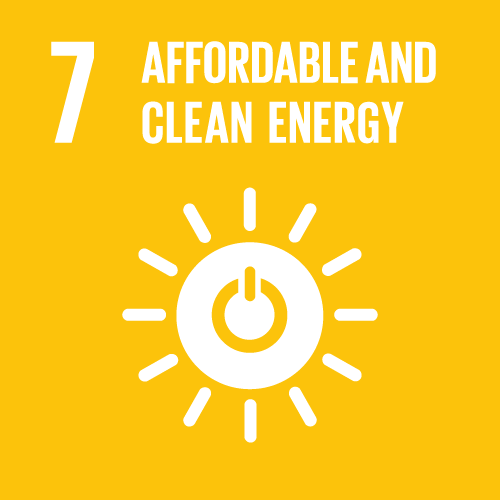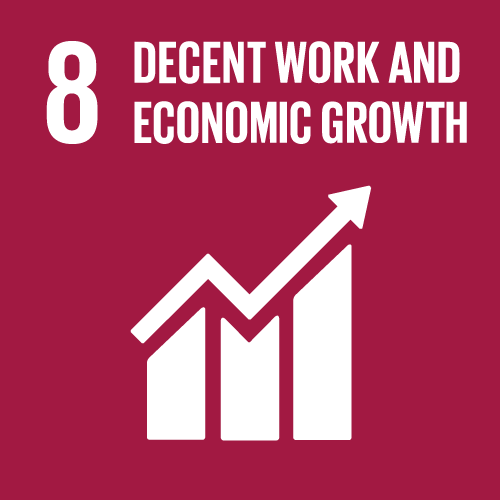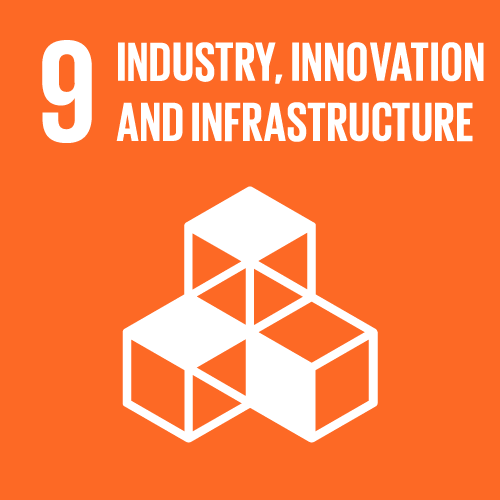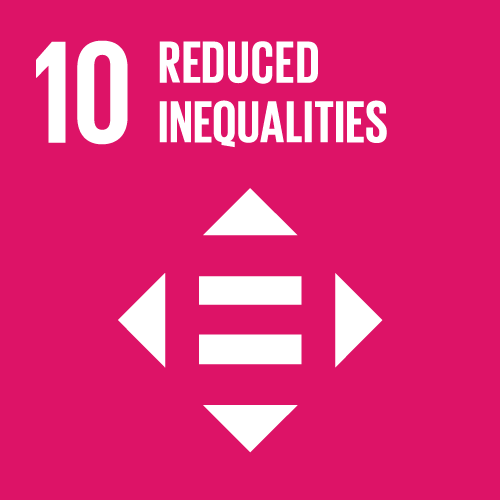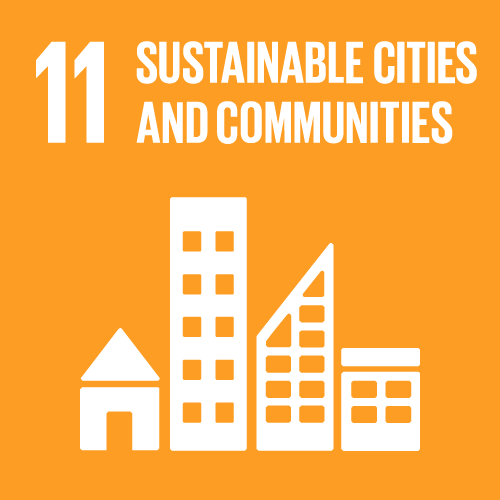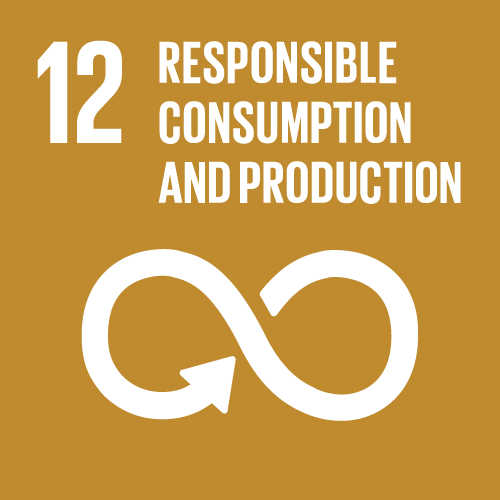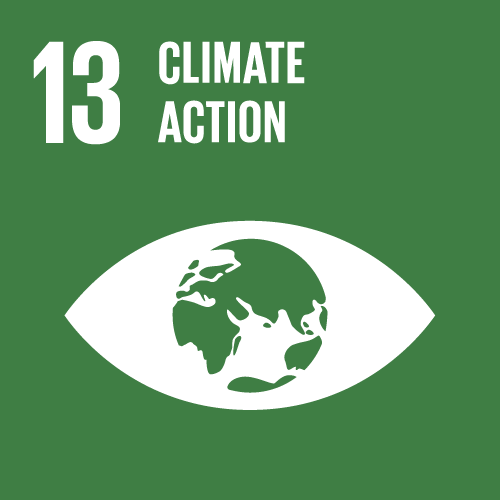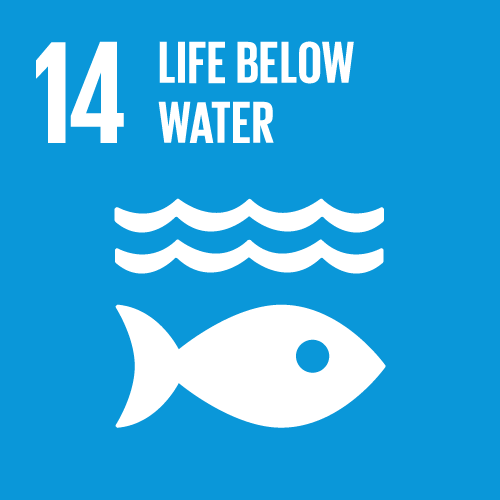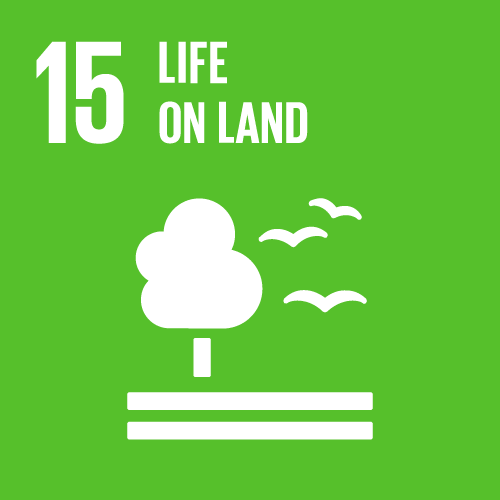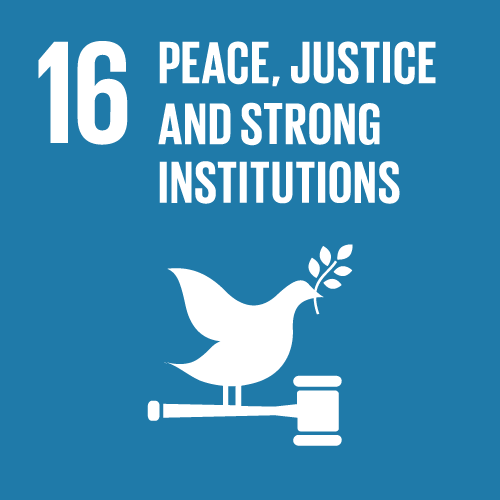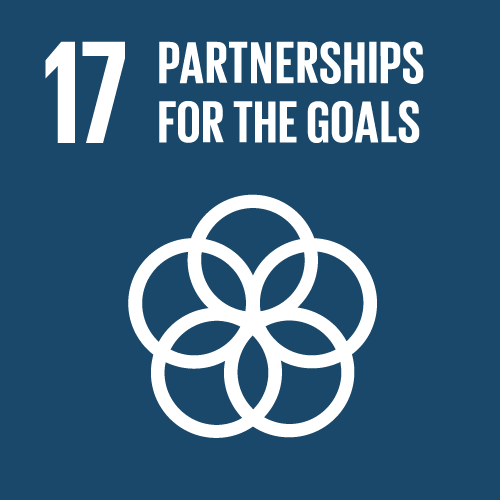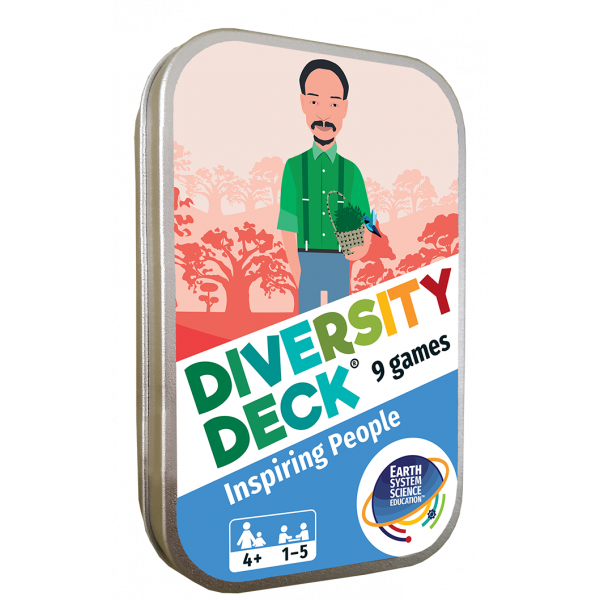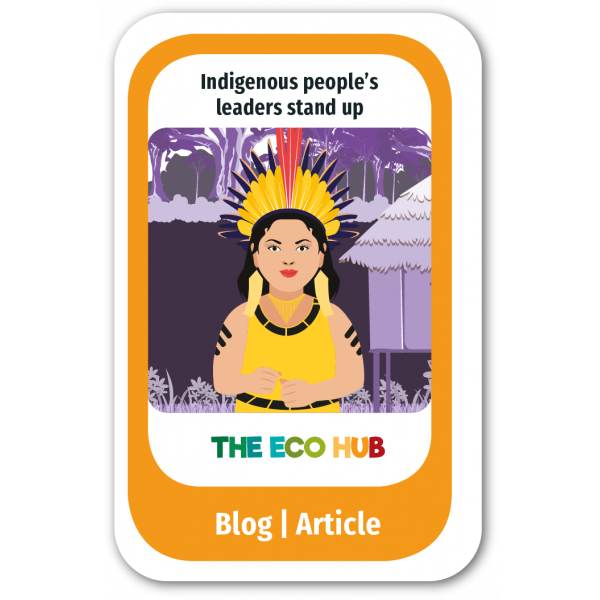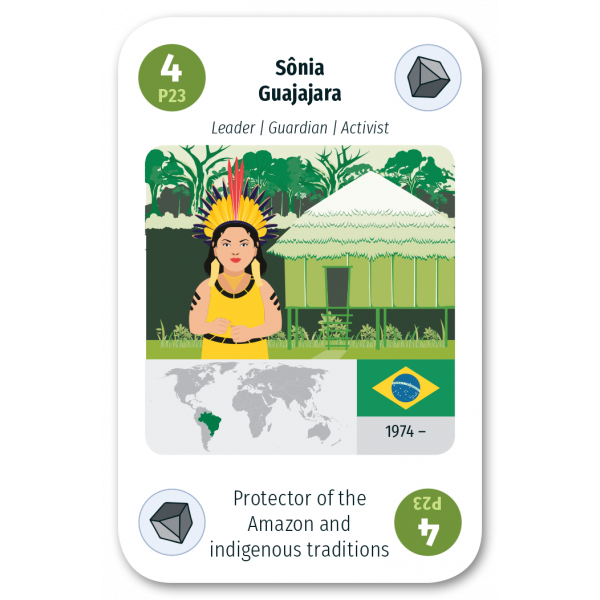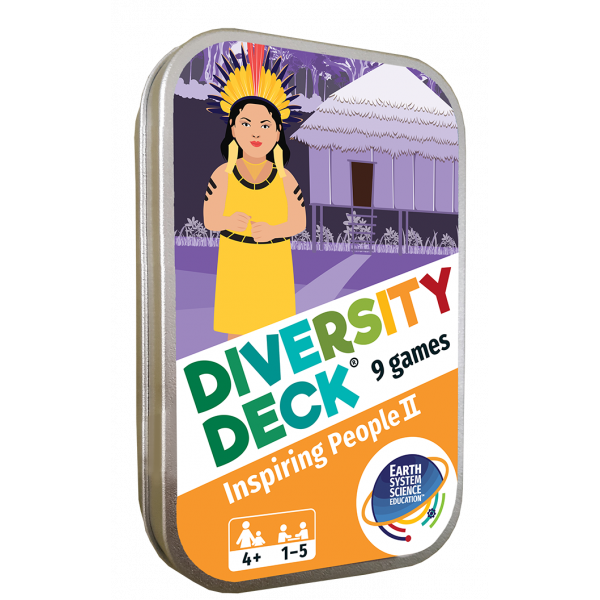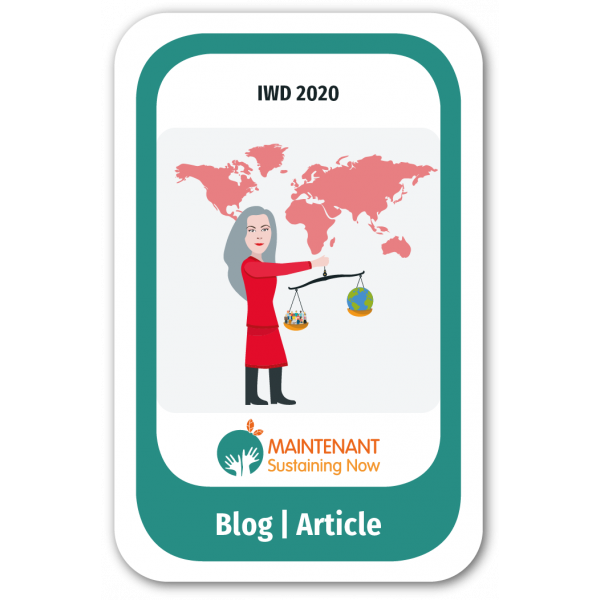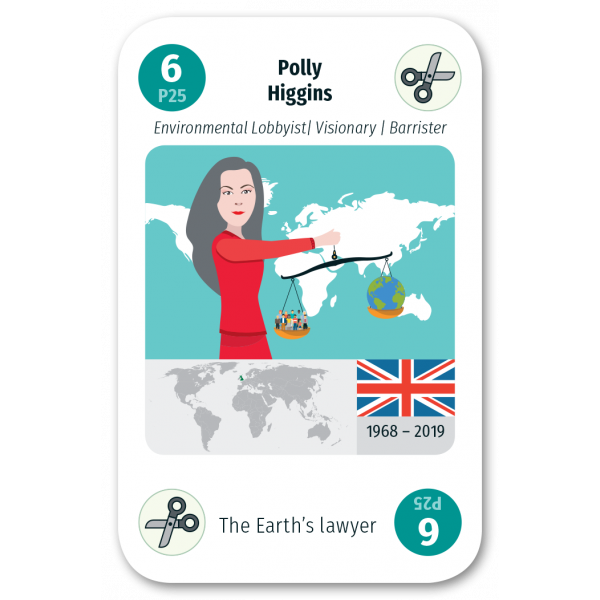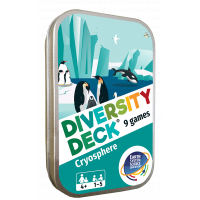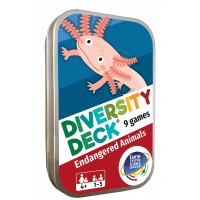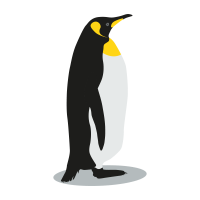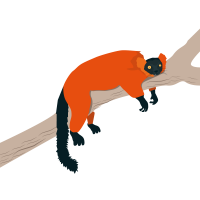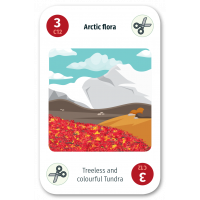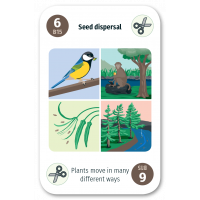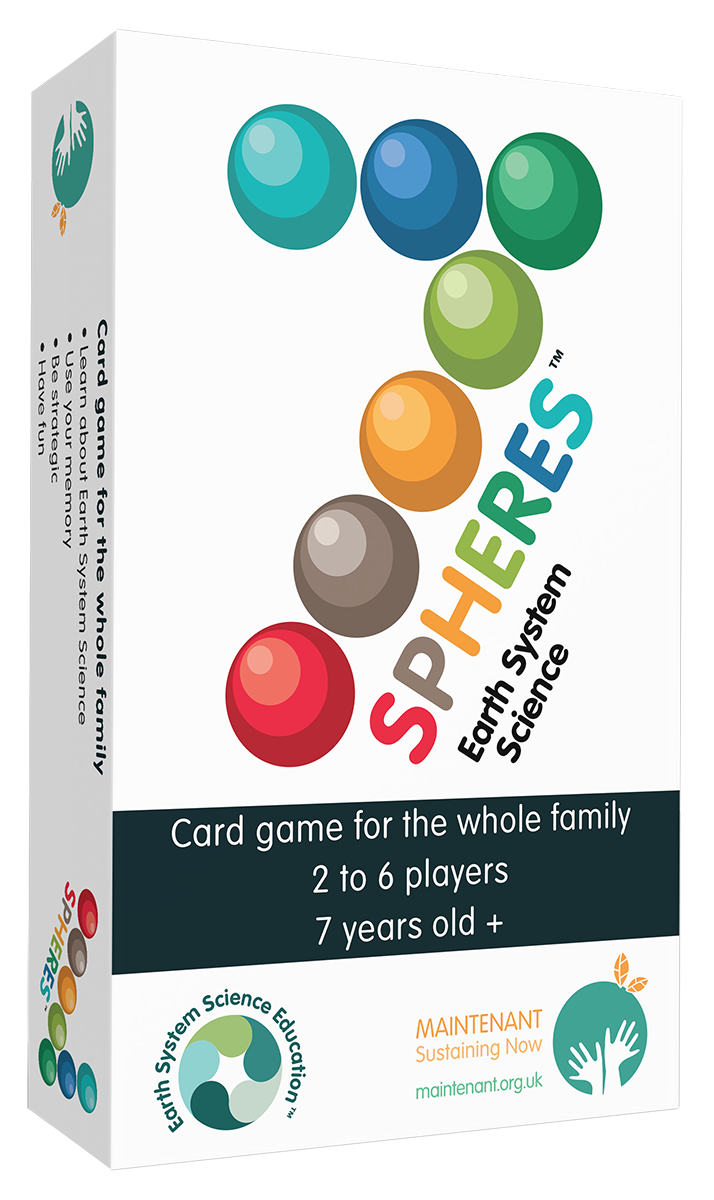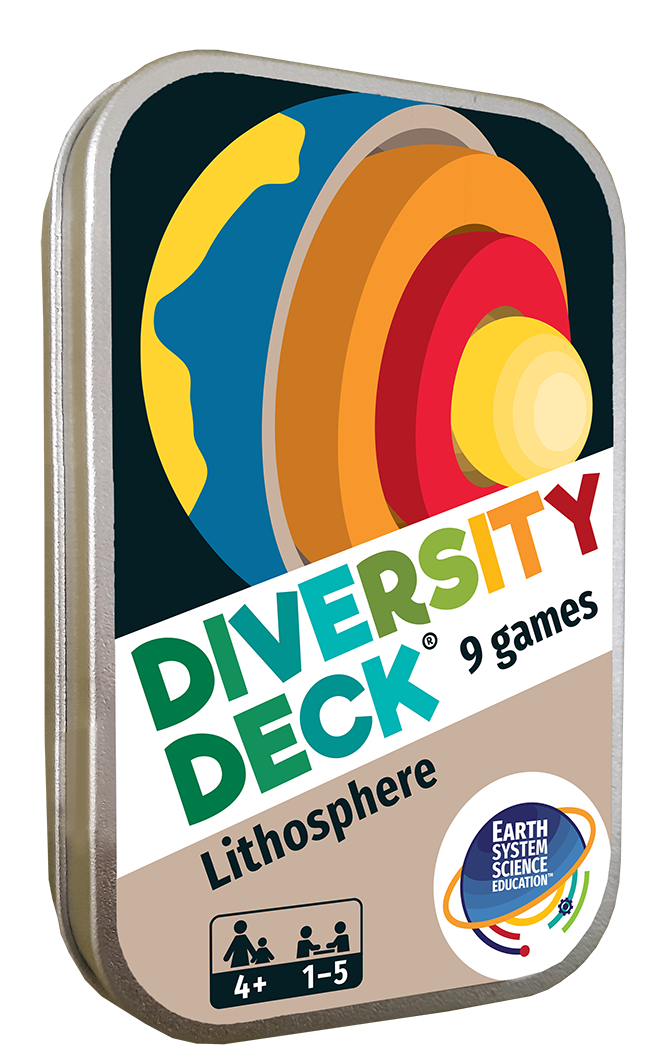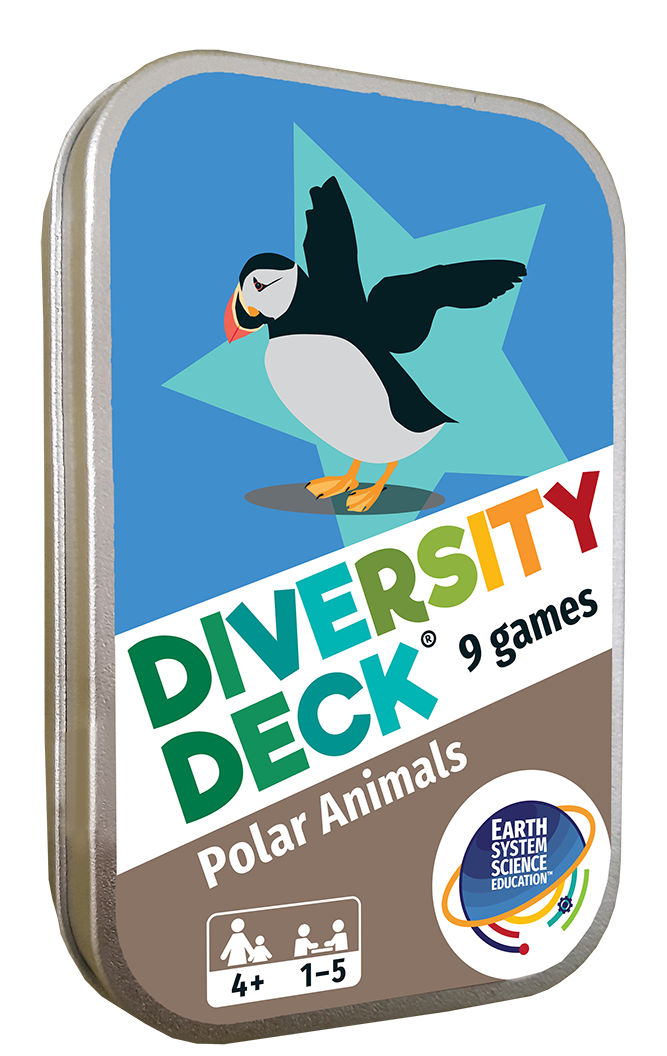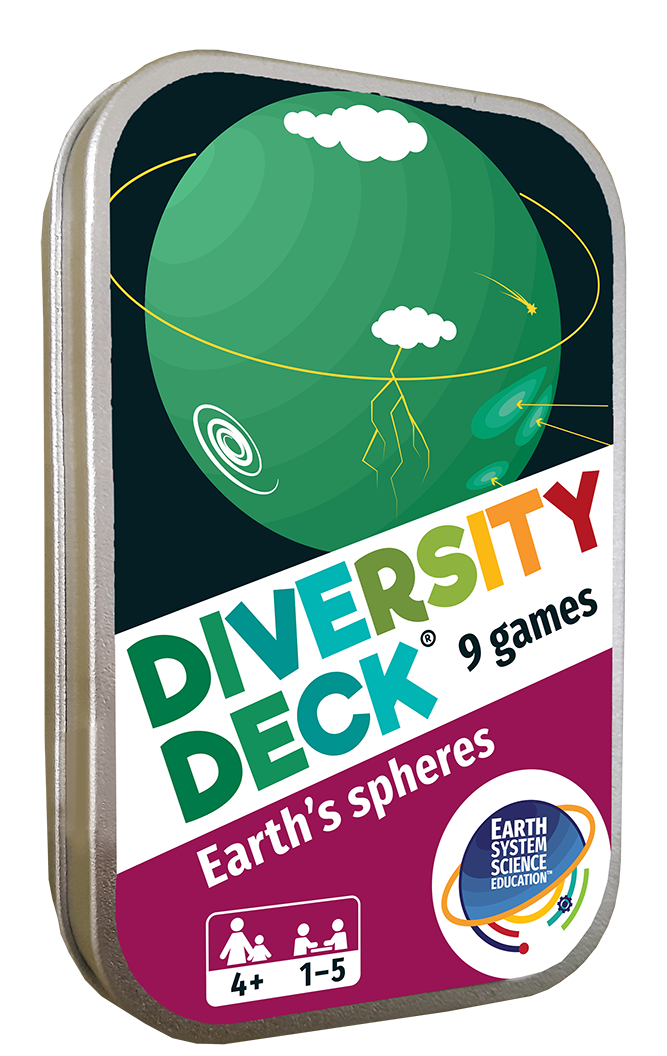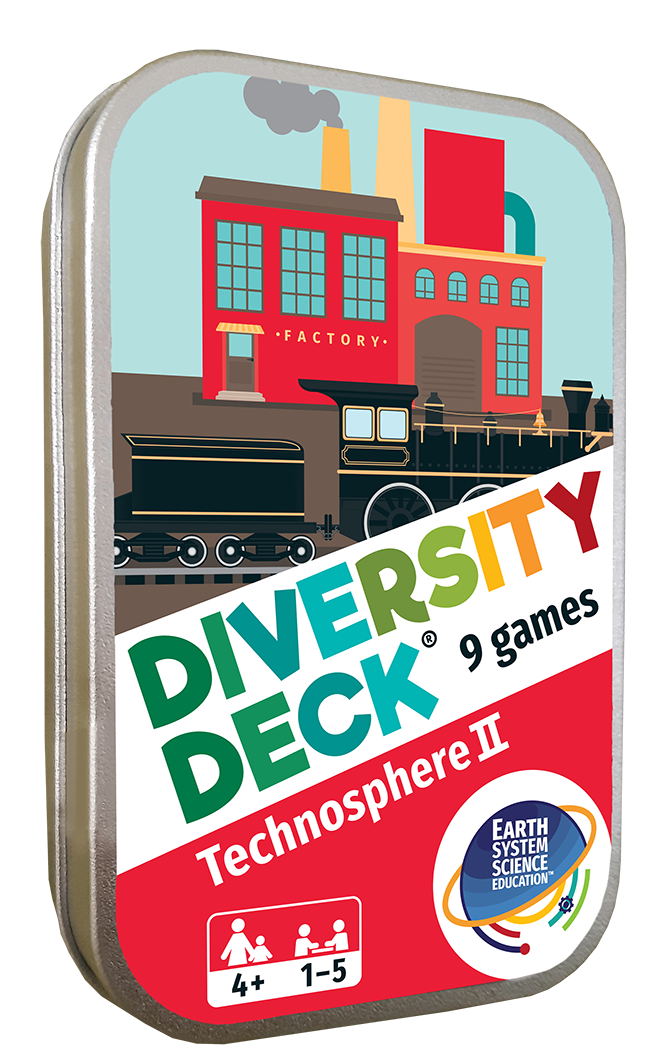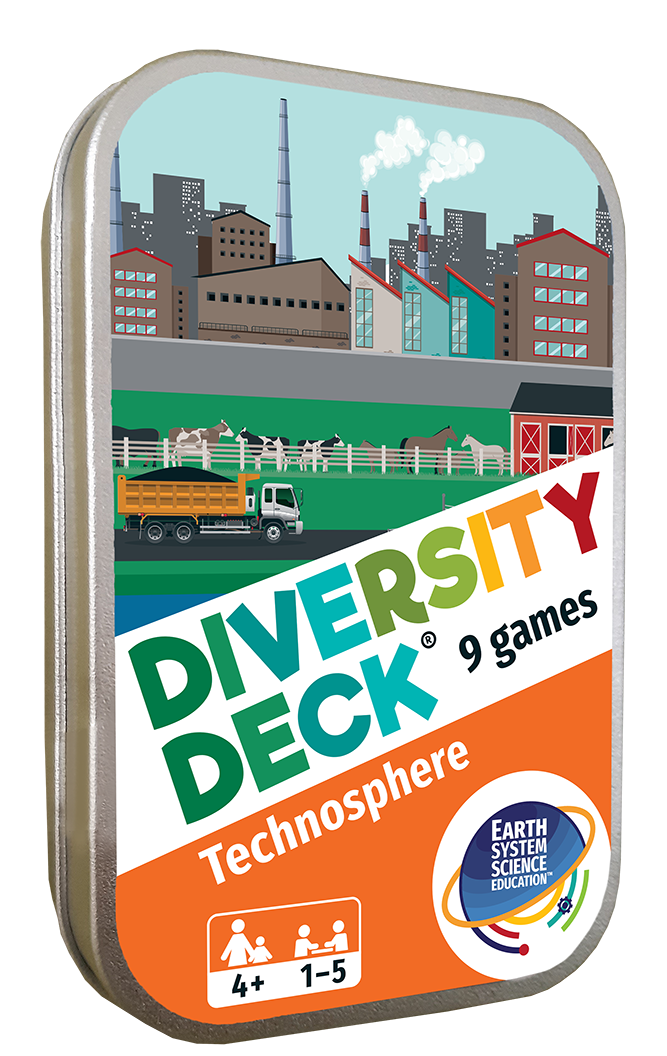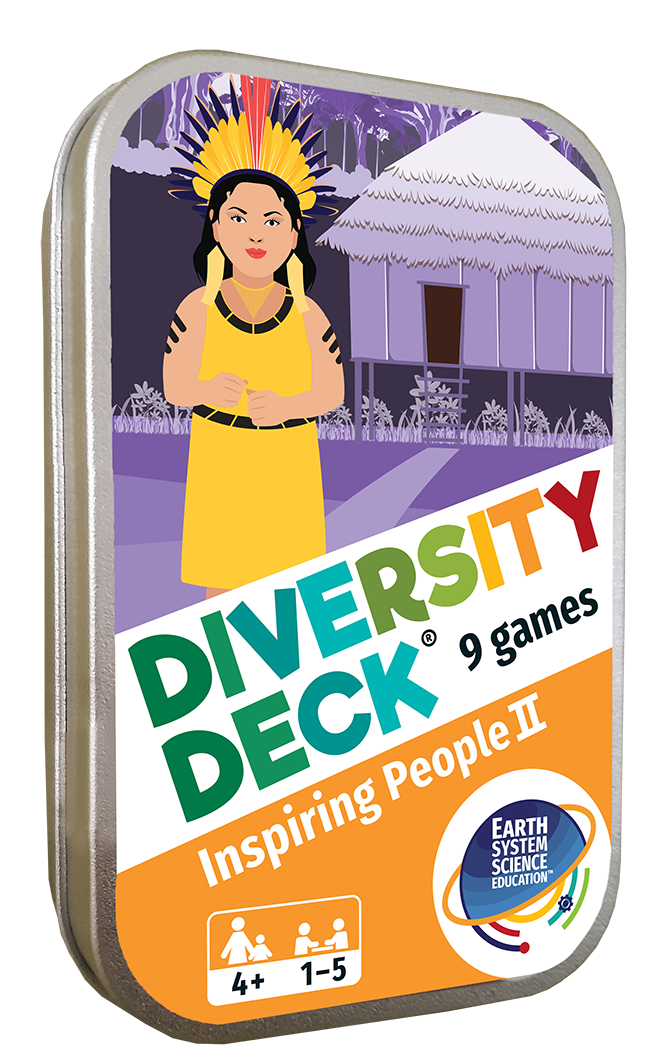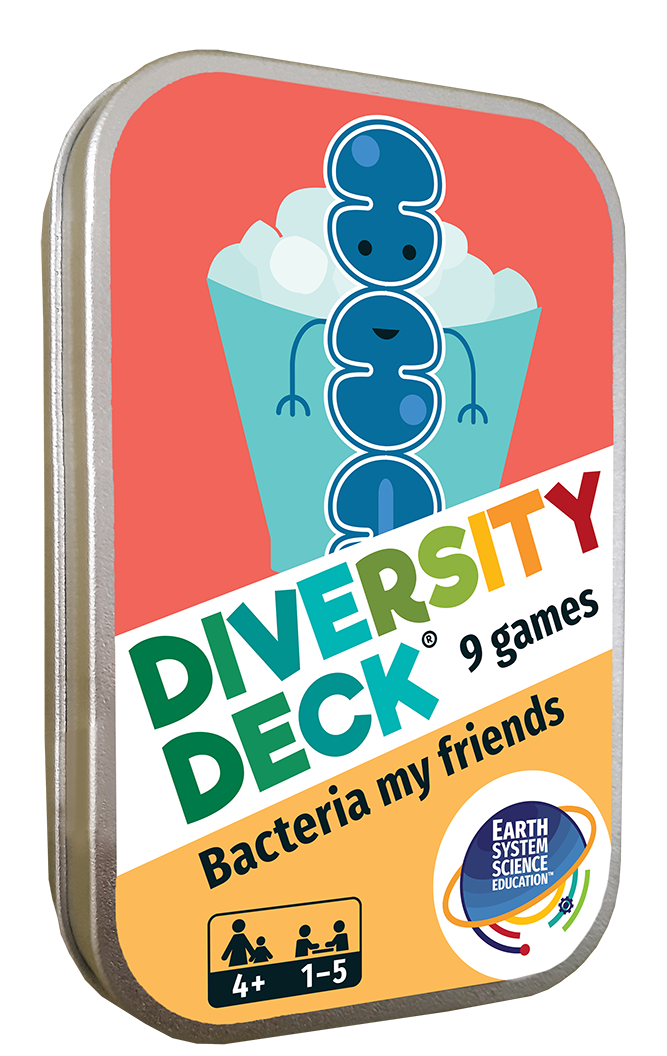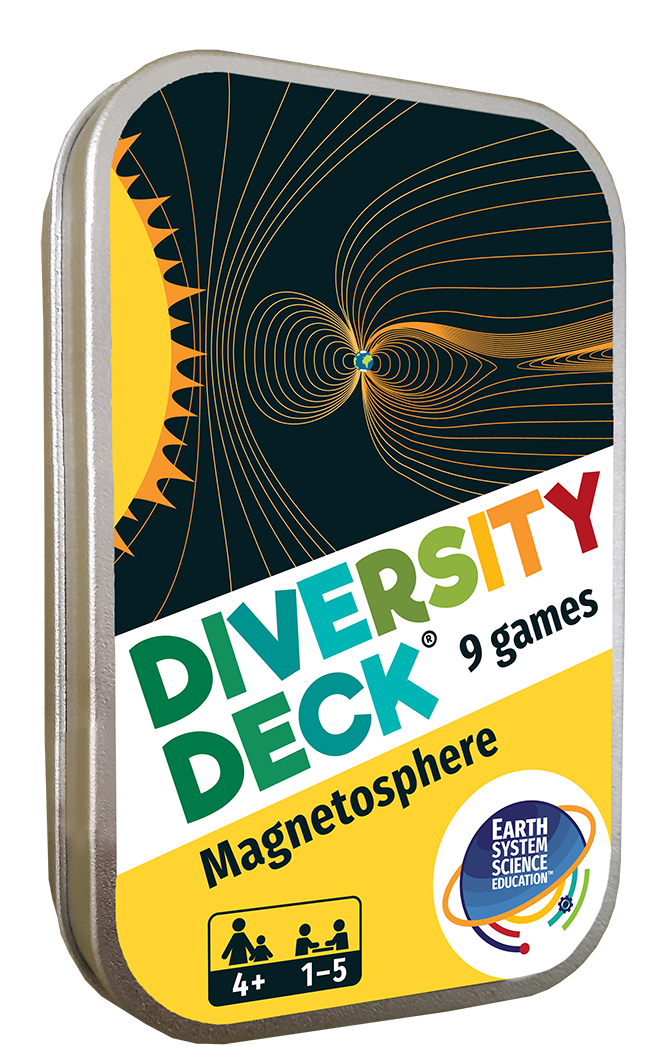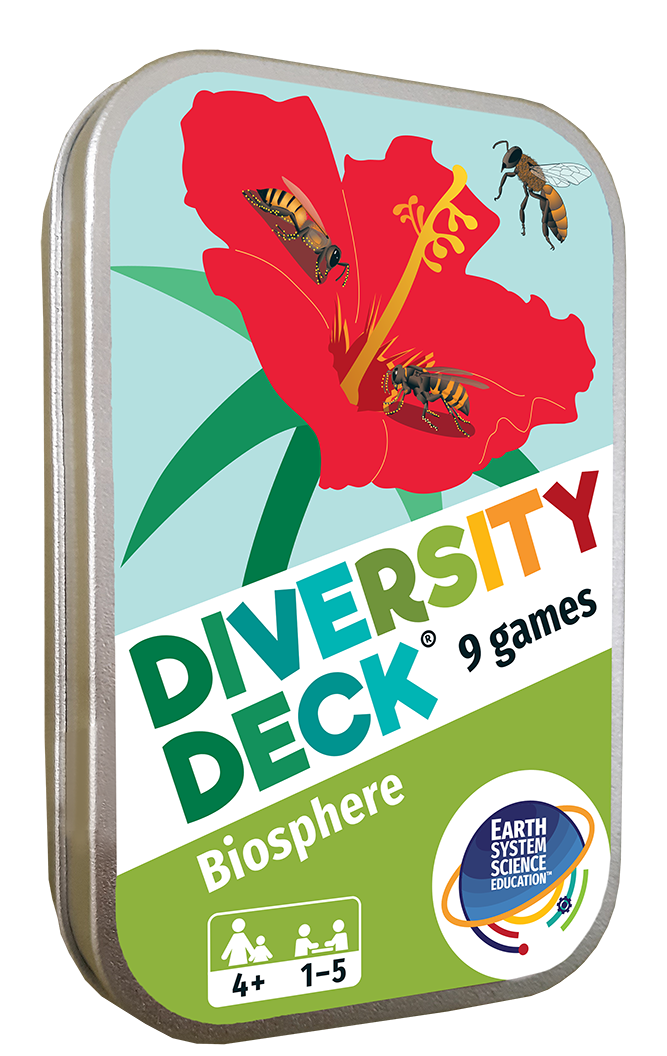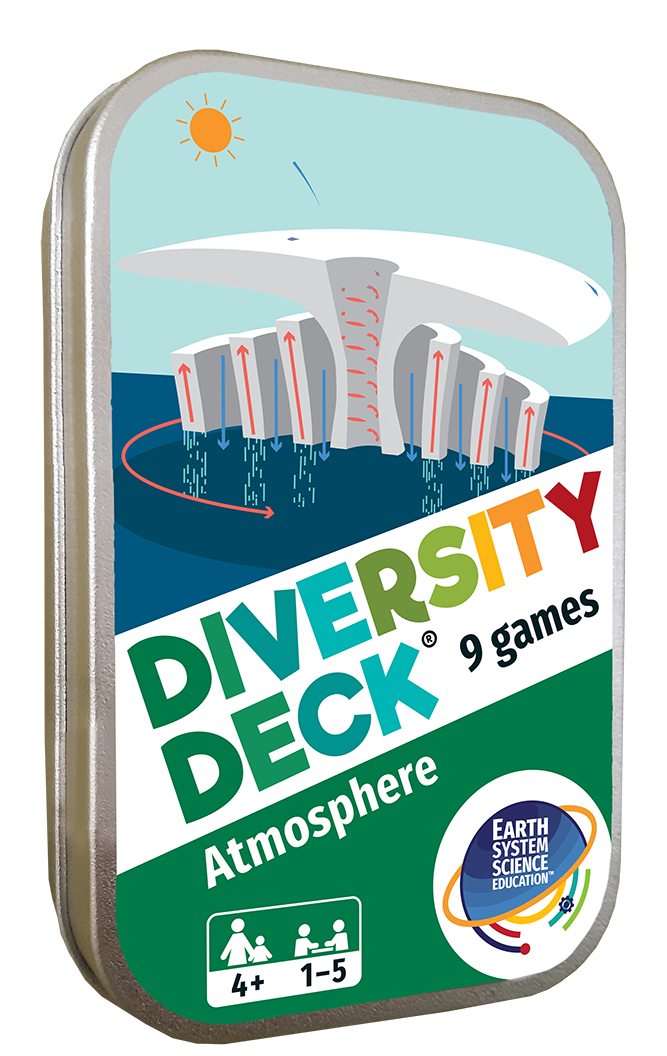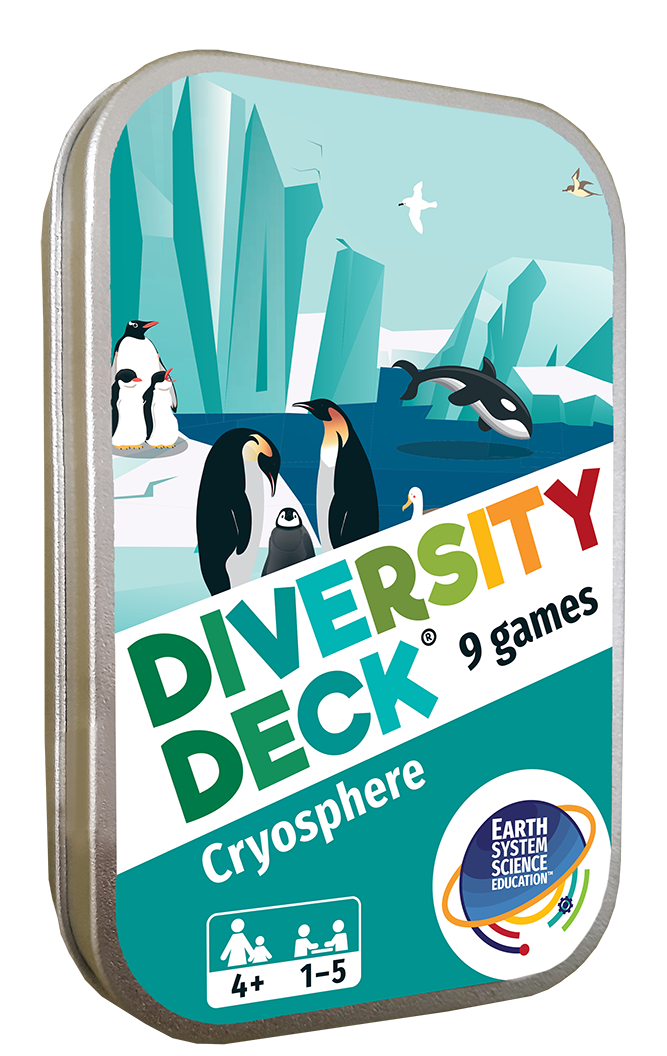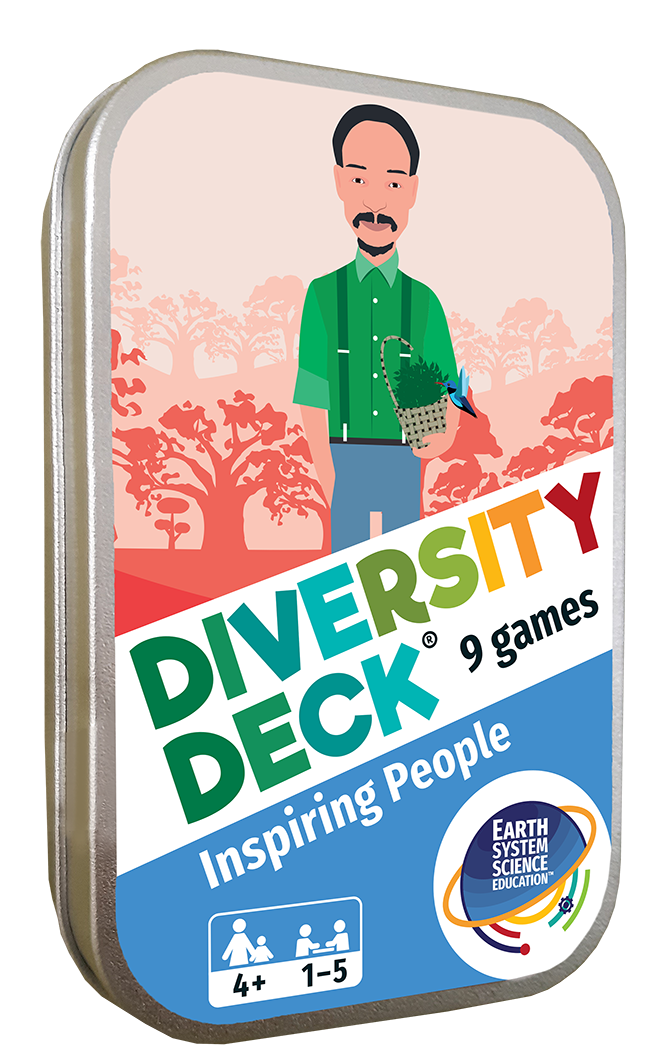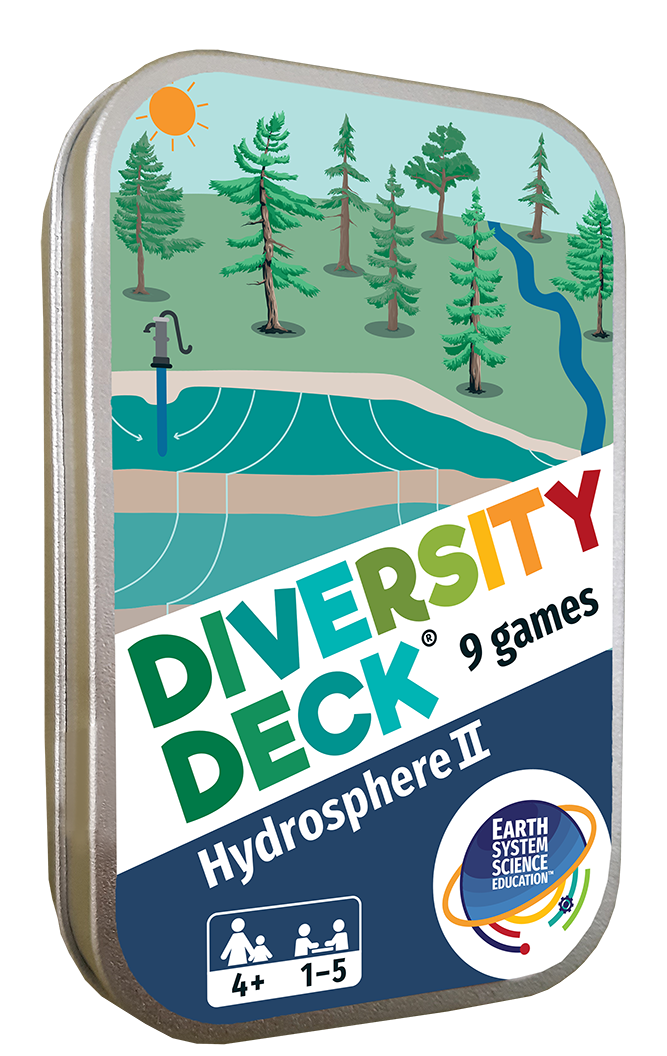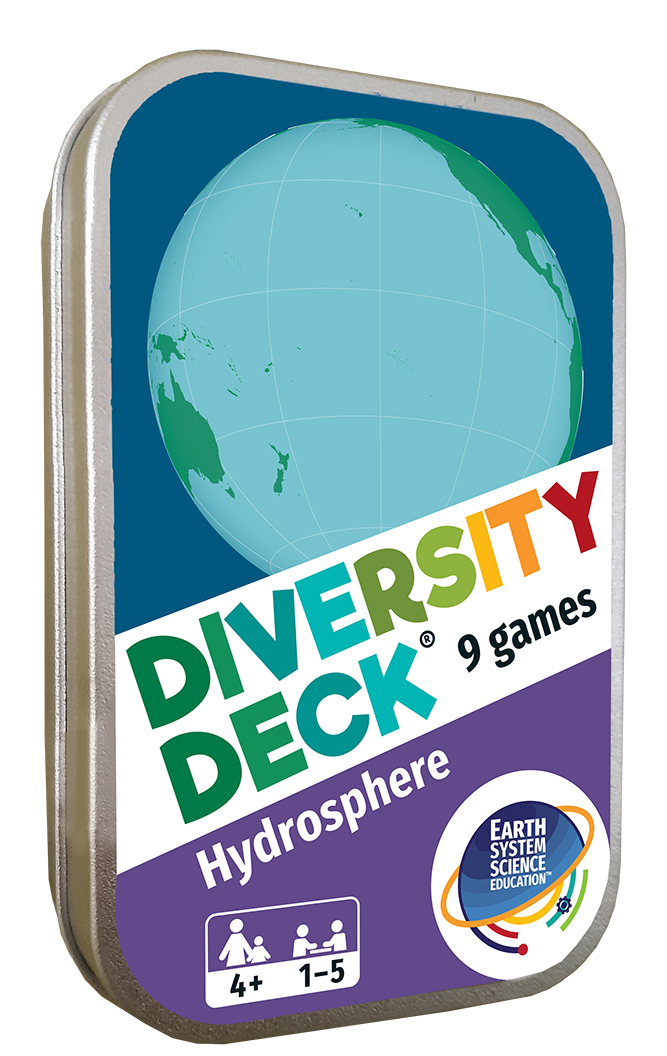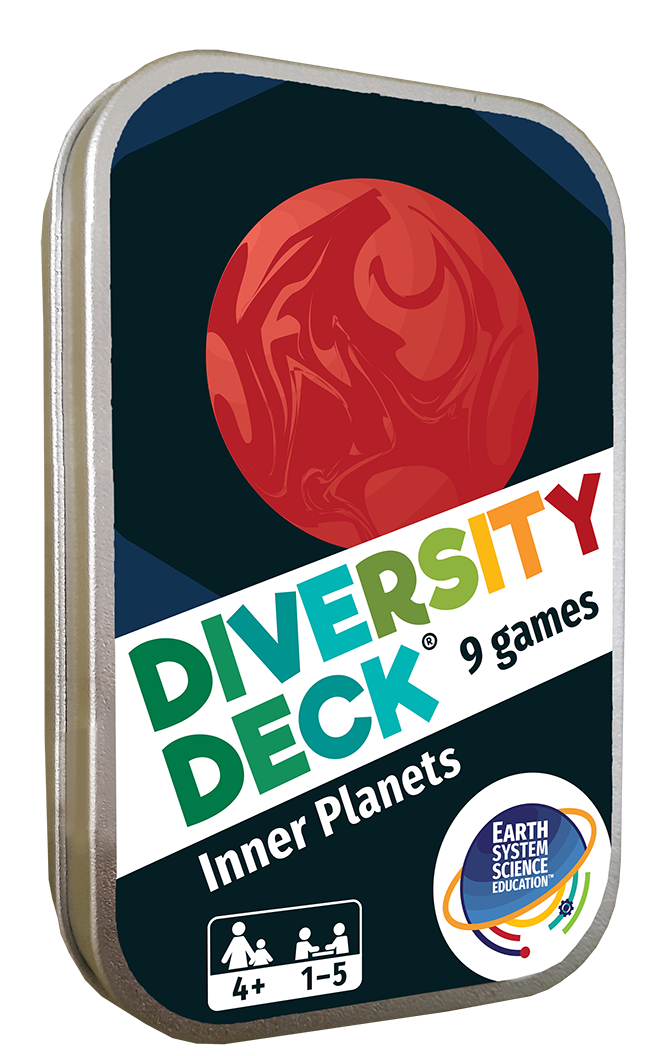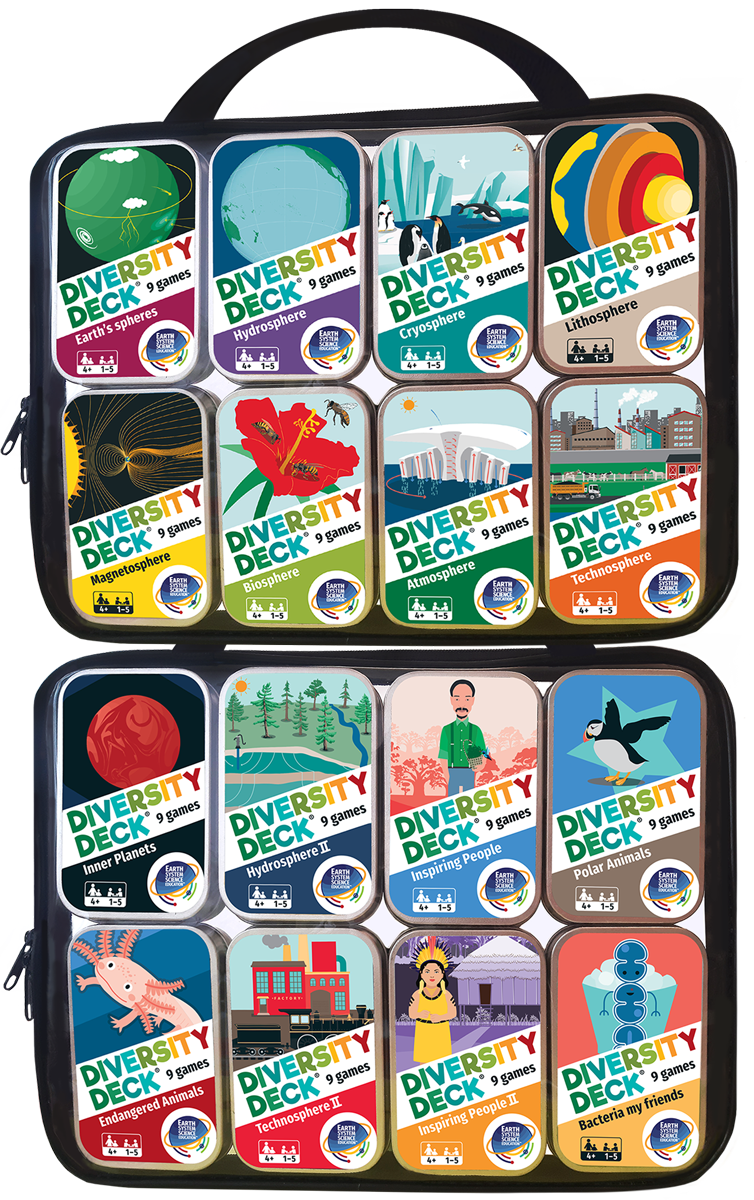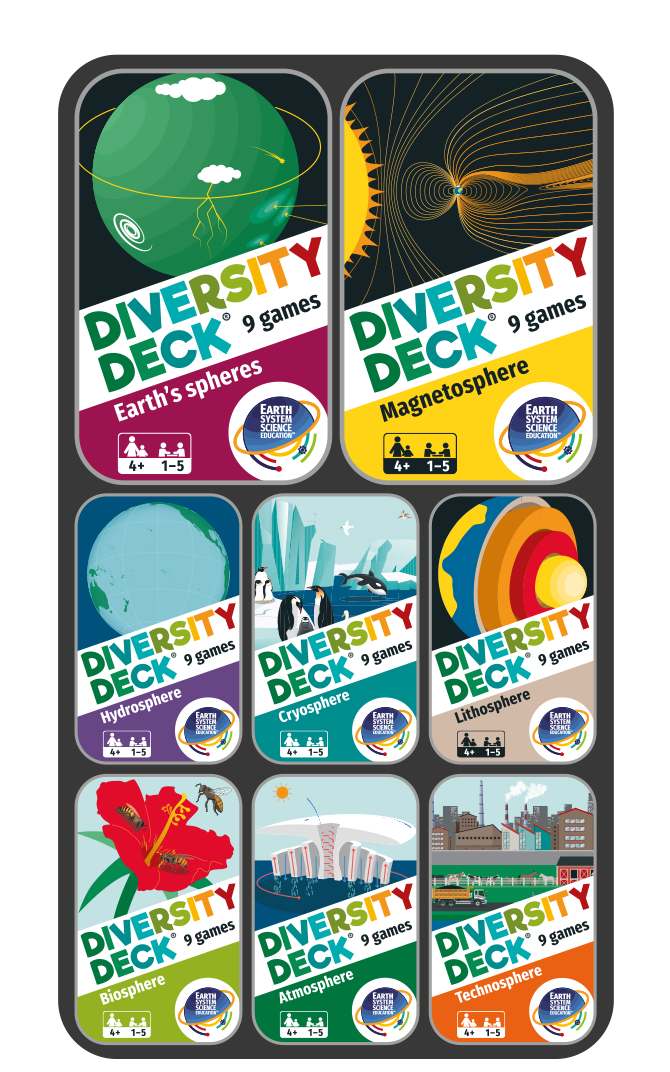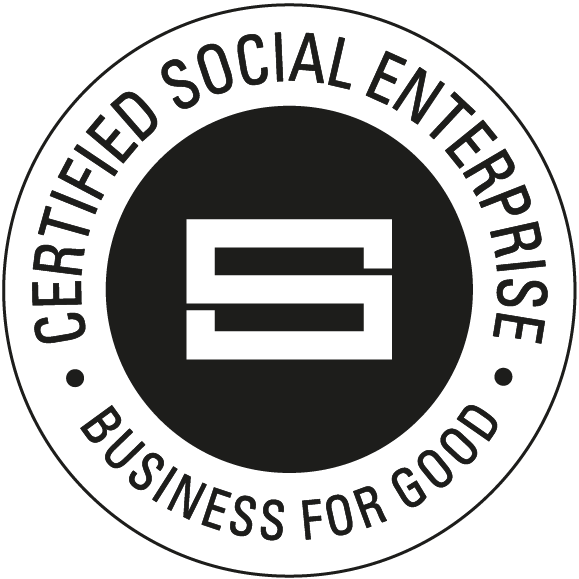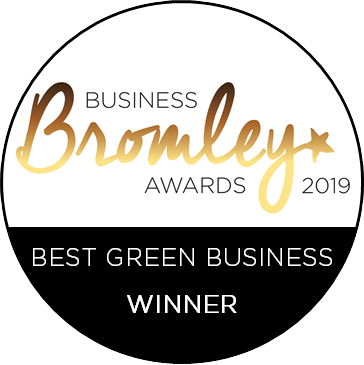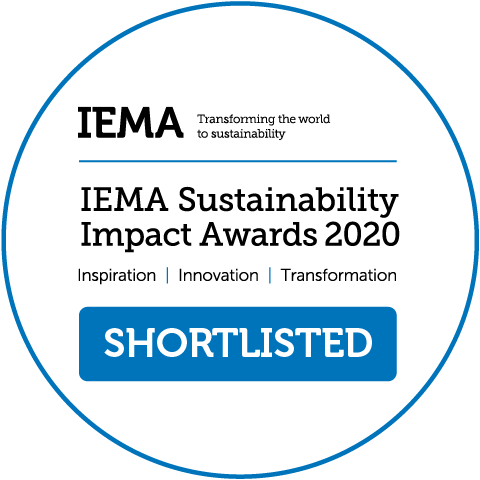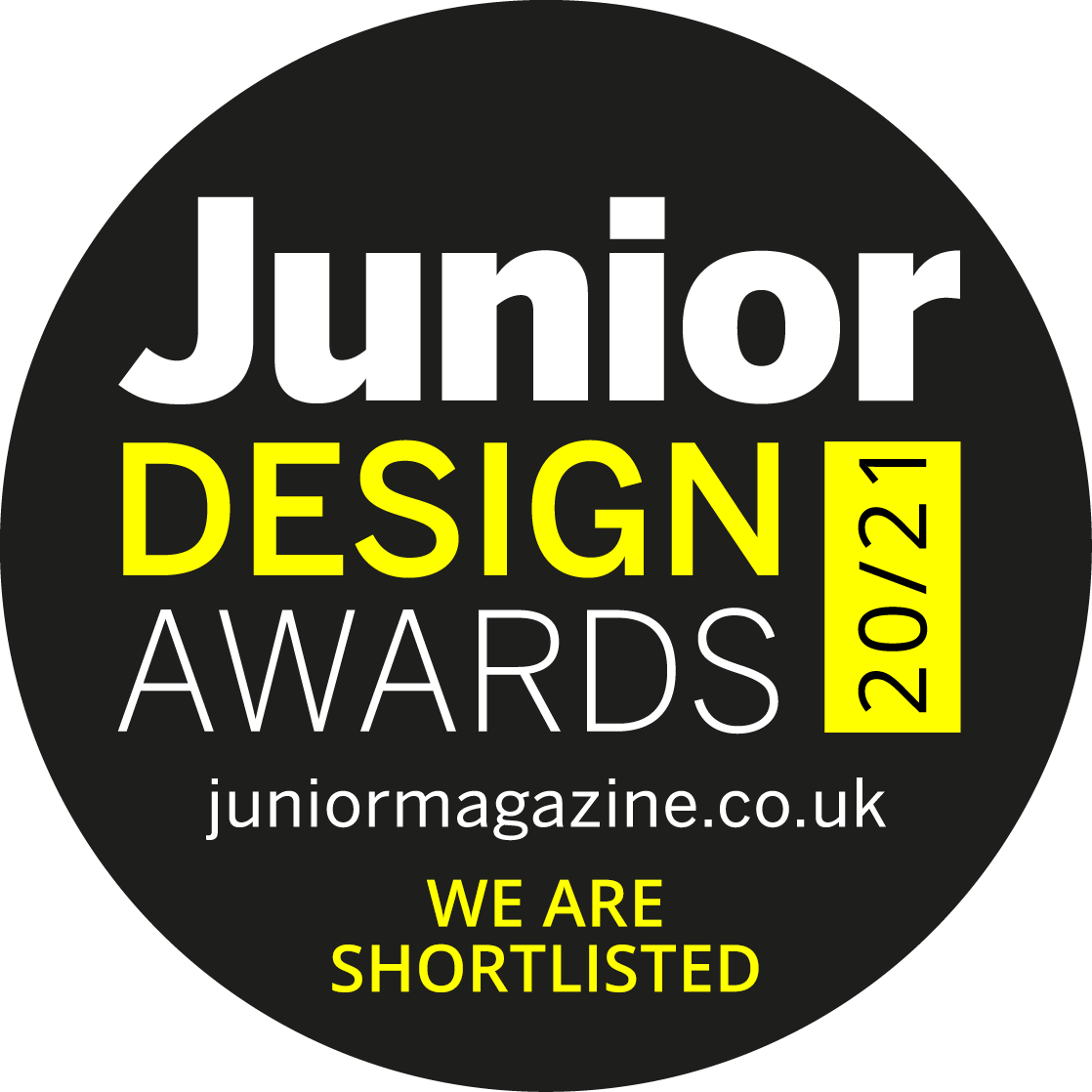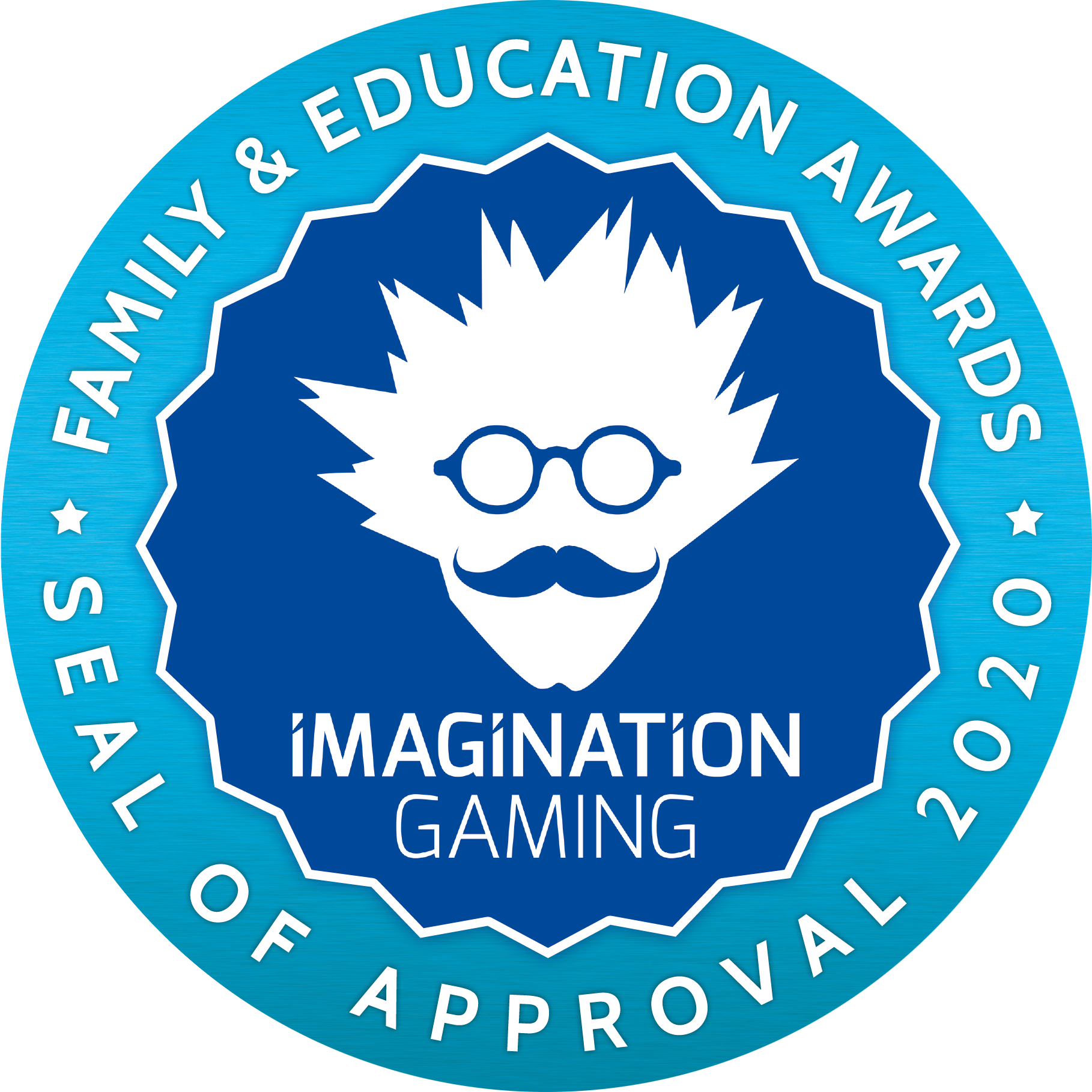THE ECO HUB
Our new website, THE ECO HUB, has now been launched!
Having spoken to teachers in our work with schools, we have seen the growing desire for good quality, quick ideas to incorporate Education for Sustainable Development (ESD) into their curriculum. According to a recent survey by Teach the Future, 75% of teachers don’t believe that they have received adequate training to teach students about climate change. For a more sustainable and greener society, we want teachers to have the confidence to deliver lessons which incorporate sustainability at every opportunity. Although we agree that the UK national curriculum is sorely lacking when it comes to teaching about the climate crisis, there are many opportunities within the curriculum already where we can talk in a more thoughtful way and introduce empathy to our environment, other people and society.
In particular, this became clearer and more focused once Teach the Future launched their campaign last year and really highlighted the lack of ESD in the UK curriculum and school system as a whole. See our blog post about it here.
We wanted to create a website which would be a catalyst to the change towards a more sustainable society, not just in the UK, but across the world. Because sustainability is such a universal concept and part of everything that we do, it occurred to us that often, subjects and topics can be talked about in slightly different ways in order to get across a message of sustainability. For example, if you can introduce the ideas of magnets to children, we can also talk about the Earth as a very large magnet and introduce the benefits of a magnetic field; protecting us from the cosmos and making life here on Earth possible. If we can let children in on the secret of how important the natural world is to their everyday lives and give them the ability to see the interconnectivity of all of Earth’s systems and our actions, then they will develop the empathy and resilience they need to protect our planet as they grow up and enter the work place, making positive choices and decisions for the benefit for all of us.
Science and geography are the most obvious places to start introducing ideas of sustainability, but eventually we will be offering cross curricular activities which can be used to enhance what is already being taught. For example, PSHE and History have a lot to teach us about sustainability, especially when thinking about how we must be an inclusive and united society and learn from the mistakes of the past.
WHAT WE OFFER
We don’t want to overwhelm teachers with lengthy, expensive courses and extra qualifications that are only possible for one or two teachers within a school. Our brand-new ECO HUB will provide bitesize 5-10 min courses which become available on a regular basis enabling teachers to think about different topics and case studies in different ways and provide resources and videos to help.
Earth system education divides the planet into 7 spheres which are all interconnected and rely on each other. This describes out environment and gives children the knowledge they need to understand the changes which are happening to the Earth, our home.
In addition, we want to create a community of teachers swapping ideas and experiences in our community section. The website will be for our users, so we will be working alongside them and taking on board suggestions and feedback as we go. In addition, our “Positivity Corner” will be regularly updated with inspiring stories from the news, plus other schools and businesses who are taking the SDG’s on board and embedding them into their lives. These will provide class talking points and an opportunity to promote a positive image of our future.
Our content is based on our belief that sustainability is universal and touches every aspect of our lives. We must be mindful of the consequences of our thoughts and actions. The world is too interconnected and global and we need children who understand and recognise this to take this new mindset into the future.
Tags: Blog, THE ECO HUB
Meet worldwide change-makers
Discover worldwide change-makers who care for our planet and whose work improves lives, globally.
We hope that these change-makers will inspire future generations of change-makers, working towards a more socially equal and sustainable tomorrow.
Inspiring People
£9.99
Inspiring People II
£9.99
Animals
Fauna, Flora and Funga
Discover our animals featured in the eco card games.
Cryosphere
DIVERSITY DECK® Cryosphere The ultimate game for everyone that are fascinated by everything frozen and want to learn more about the Arctic and Antarctic! Did you know that the Cryosphere is actually a subset of the hydrosphere that represents all the ice on Earth: snow, glaciers, ice caps, ice floes and icebergs? Did you know that ..
£9.99
Endangered Animals
DIVERSITY DECK® Endangered Animals The ultimate Card Games for everyone who love learning about the world's rarest and most amazing creatures and what we can do to protect them! Do you know any endangered animals? Have you ever heard of an Axolotl or a Spotted Handfish? Can you guess where they live? Learn ab..
£9.99
King Penguin
Aptenodytes patagonicus Antarctic sea bird Habitat Sub-Antarctic regions of the South Atlantic and South Indian Oceans Life span up to 30 years Reproduction 1 every 2-3 years Sub-speciesA. p. patagonicus and A. p. halli Adaptations for living in the Antarctic Penguins must maintain high body tempe..
Red Ruffed Lemur
Varecia rubra A primate only found on the island of Madagascar The Red Ruffed Lemur is a primate from the family Lemuridae of which there are 111 species. These unique primates are found solely on the island of Madagascar, an island with some of the most diverse and unique animals on the planet. It is thought that 90% of these species are..
Arctic Flora
Tundra The Artic Ocean is surrounded by the Tundra, a vast biome that comprises of 5 countires, the USA, Canada, Russia, Denmark (Greenland) and Norway. Tundra is mainly flat permafrost but is teeming with life. During the short summer, which begins in June, many different plants flourish creating colourful scenes with lichens, mosses, shrub..
Seed Dispersal
Plants use seeds to produce new plants Plants cannot move like animals do, so in order to produce new plants far away from the parent plant, they have to use other things to move their seeds. All plants use different methods of seed dispersal which they have adapted to their environment. These include the wind, animals, and flowing water. Because..
POWERFUL FUN LEARNING TOOLS
Sustainability STEAM card games
To reinforce learning, our DIVERSITY DECK® collection provide a parallel learning experience. 16 decks cover many topics from the Earth's 7 spheres to Inspiring People, Endangered Animals and even friendly Bacteria. Our cards use classic games to support different levels of learning and conversations around sustainability.
They are great for lesson starters, small group sessions, SEND groups, eco-clubs, school libraries and rainy playtimes.
Please email us at contact@the-eco-hub.org or visit the shop directly.


